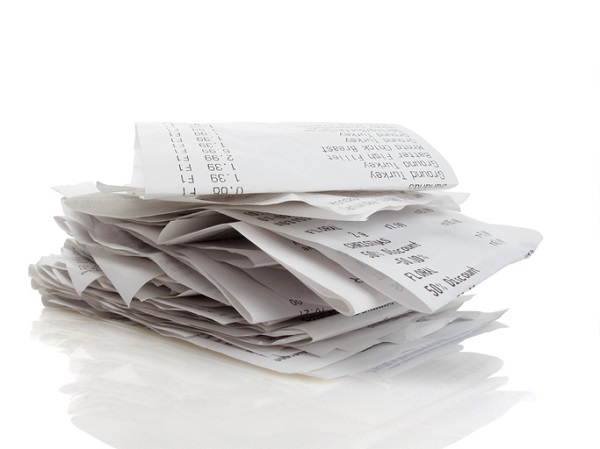
Preparing tax returns is a daunting process for many people, but it is a necessary part of running a business. While some small business owners will take it upon themselves to file their own taxes, others will look to accounting professionals to carry out this task.
Taxes for small businesses have their own specific set of challenges, such as the sometimes blurred lines between personal and business expenses. Filing comprehensive and truthful tax returns helps to provide an accurate picture of the financial outlook of the business, and prevent any possibility of an audit. Therefore, it’s important for accounting professionals to offer guidance and clarity about what needs to be done throughout the process.
If you’re thinking of offering your services to small businesses once you begin your accounting career, read on to learn some important tips for tackling tax returns.
Tax Returns Vary Depending on the Business’s Structure
Small businesses take many different forms, and this will affect how tax returns are filed. If it’s a sole proprietorship or partnership, income tax is declared on the T1 personal income tax form. This also includes Form T2125 (Statement of Business or Professional Activities), which is used specifically to report business income.
Incorporated small businesses report income on the T2 corporate income tax return. This means that the business is a separate entity with its own taxes to declare. Income taxes have to be filed no later than six months after the end of each tax year, but incorporated businesses base this timeframe on their fiscal period. This means you can expect to handle tax returns for small businesses at any time of year during your financial accounting career.
Good Record-Keeping Makes a Financial Accounting Career Much Easier
Those responsible for a business’s accounts should keep regular track of its financial situation throughout the year. Consistent and organized record-keeping makes tax returns a much more pleasant task, but many will only give it attention when the deadline is looming. For instance, business mileage can be a difficult expense to classify in tax returns, but it’s made easier by updating a log book and keeping receipts.

Businesses should keep regular account of all income and expenditure, and file them electronically or in a well-organized hard copy system. Efficient record-keeping makes filing returns an easier, quicker job, meaning it has benefits for both businesses and accounting professionals.
Research Into Tax Deductions Can Save Businesses a Lot of Money
Business expenses are tax deductible, and could end up making a significant dent in a small business’s tax bill. Guidelines on tax deductions are laid down by the Canada Revenue Agency (CRA), and many expenses may be overlooked by a client. Fortunately, knowledgeable accounting professionals can make them aware of anything they might have missed.
For example, graduates of business accounting courses will know that annual subscriptions to a work-related union can be deducted in some cases. A trip to the hairdresser is a work-related expense if you’re a model, while kitchen equipment is also essential for a chef.
Home-based business owners have many income tax advantages too, like declaring maintenance, ownership and insurance costs. For a small business which may be struggling to make a profit in its early years, every little bit helps.

Are you considering accounting college?
Find out more about the 15-week Accounting & Finance Program at Discovery Community College.

